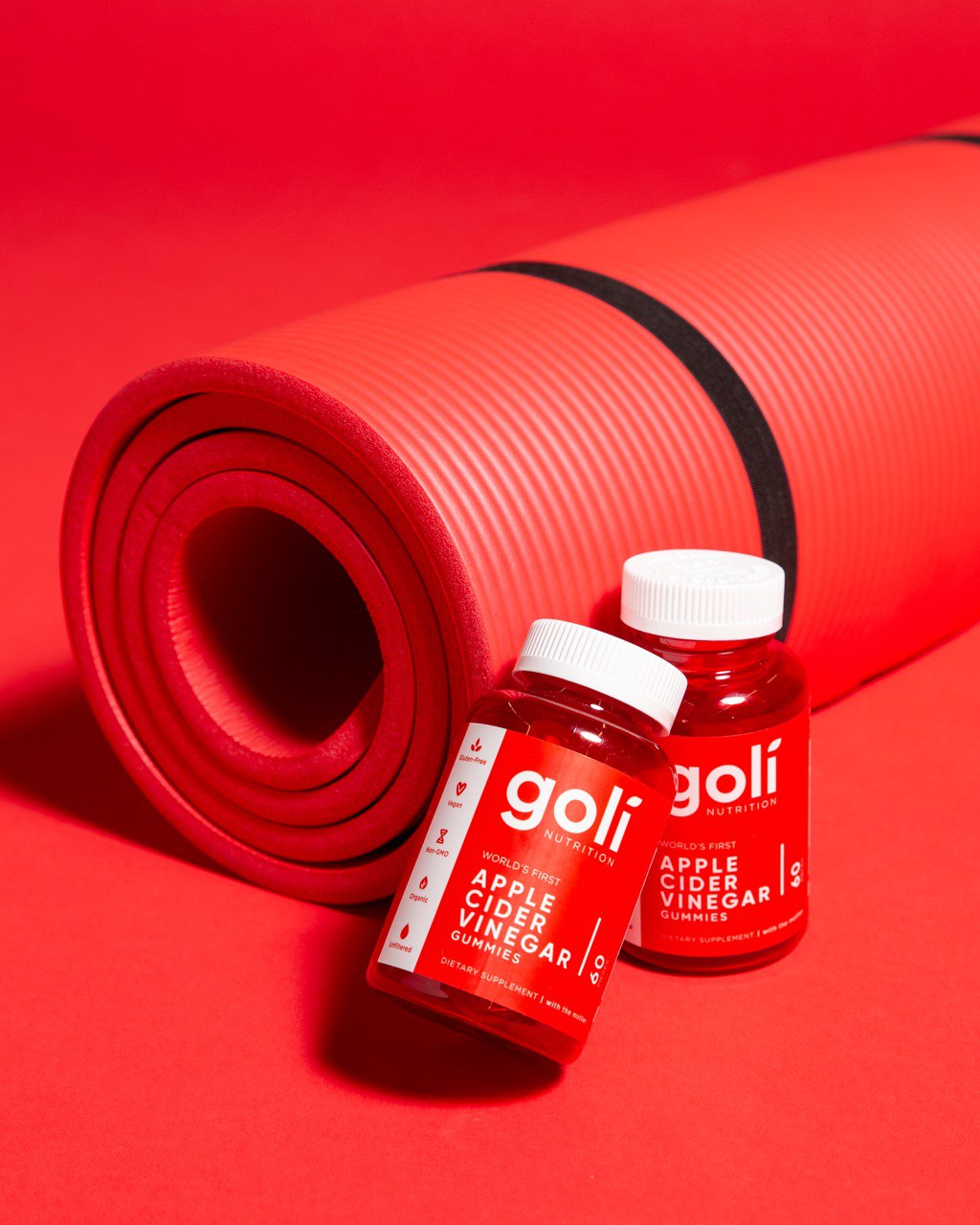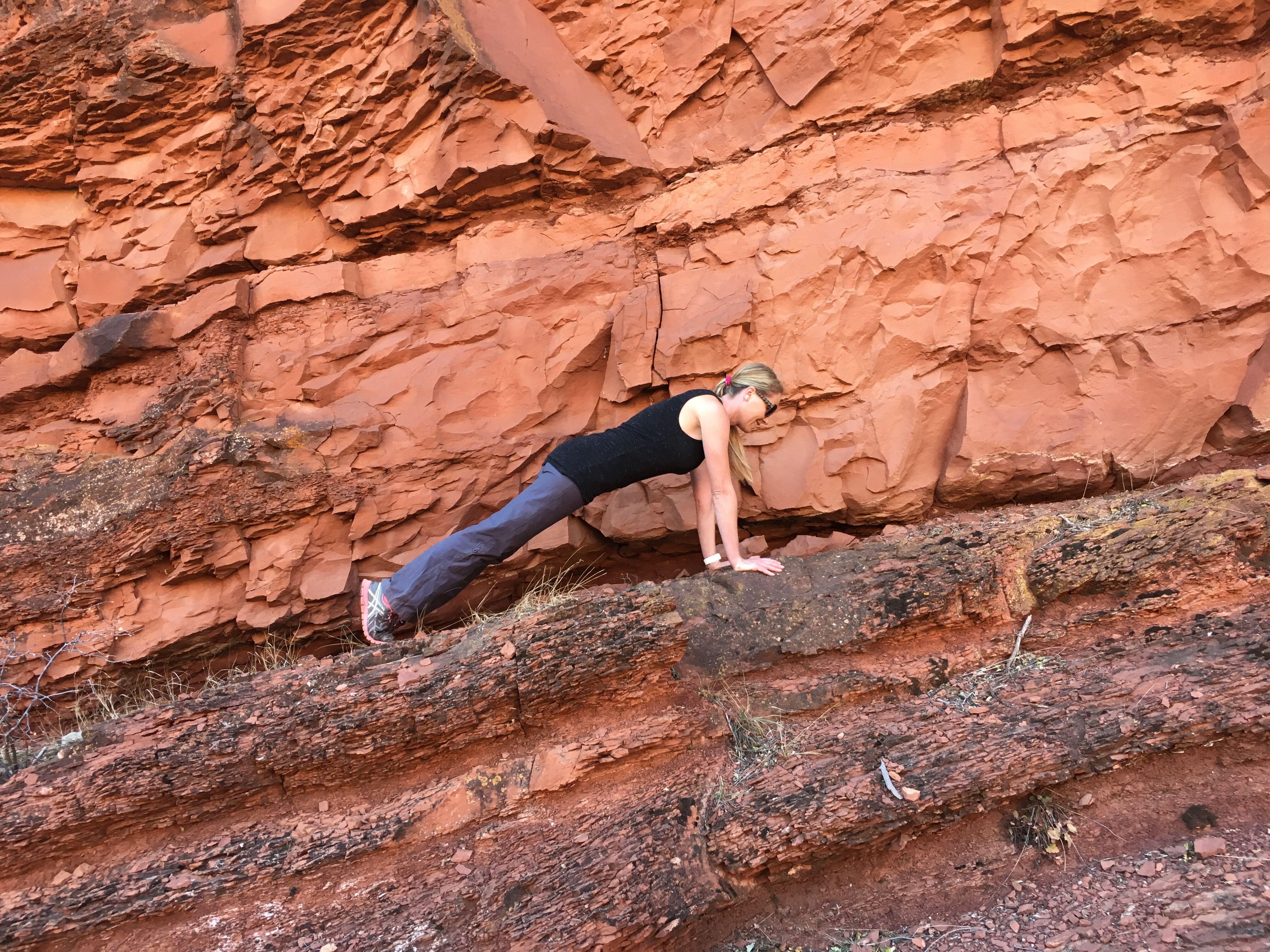
The Benefits of Planking
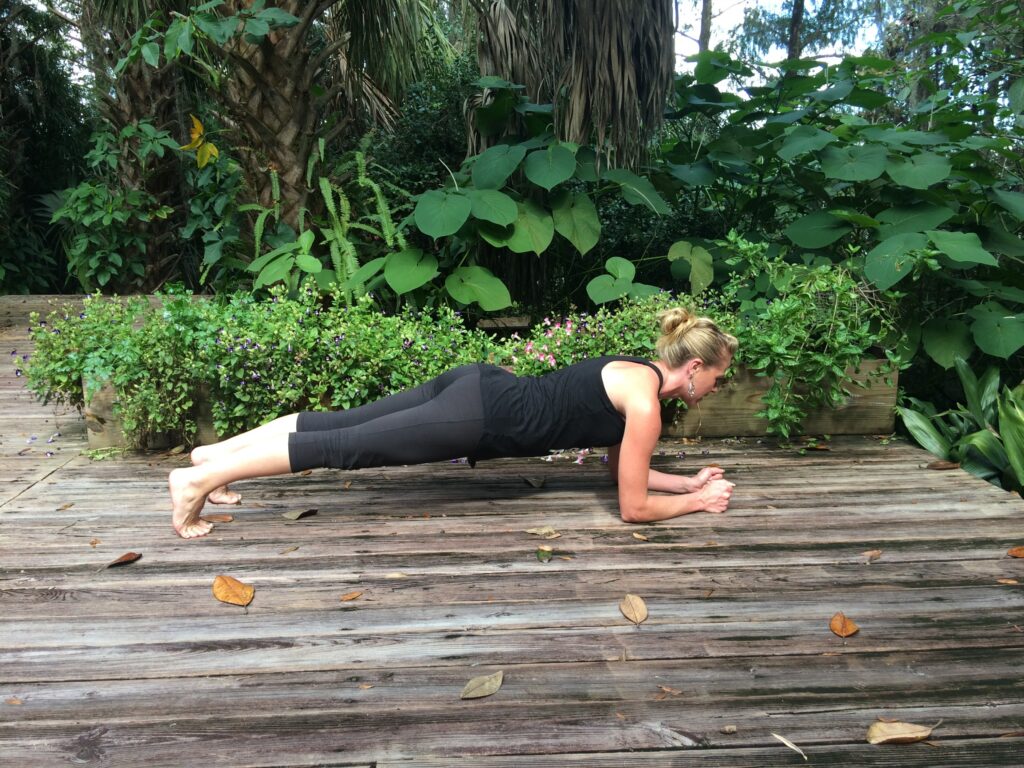
Planks are one of the most powerful exercises you can add to your daily routine! Why? They take only a few minutes but can deliver big results for your strength, stability, and flexibility. Ready to find out how?
What are planks?
A plank, or “hover,” is a simple yet effective core exercise that involves holding a position similar to a push-up. By engaging multiple muscle groups without movement, you build core strength, stability, and endurance.
How to do a Plank:
- Start by lying on your belly, bringing your elbows directly under your shoulders. Knees should be positioned just outside the hips, and abs braced.
- Engage your core, lift your hips to shoulder level, and choose to stay on your knees or rise onto your toes. Keep your forearms on the floor and your body aligned in a straight line from head to toes. Keep your core engaged to prevent hips from rising or dropping.
Though setting up a plank is simple, holding it can be challenging! You can try various plank variations, each with different levels of difficulty, to suit your fitness level.
What Muscles Do Planks Work?
Whether you’re holding a high plank on your hands or a low plank on your forearms, you’re engaging several major muscles:
- Core: Planks target your core muscles, including the front abs, lower back, hips, and glutes. This helps support your spine and improves balance.
- Upper Body: Holding a plank also activates your shoulders, chest, and upper back. Engaging these muscles makes the plank easier to hold and protects the neck.
- Lower Body: Don’t forget your lower body! Planking also involves your quads, glutes, and calves, building all-around body strength.
Benefits from planking?
Improves Flexibility and Mobility
Planks are a wonderful way to stretch your hamstrings, the arches of your feet, and even your sides if you try a side plank variation.
Easy to Modify
Classic planks can be modified to suit your needs. Try dropping to your forearms or adjusting how long you hold the position. Start with 15-30 seconds, then gradually increase the duration as you build strength. Repeated 10-second holds can also be effective for core strengthening.
Develops Full-Body Strength
Planks do more than build core strength. By holding a plank, you engage your shoulders, biceps, and neck, which can improve your performance in other exercises, like push-ups. Even your glutes and thighs get involved, toning and strengthening in the process!
Improves Core Stability
Your core isn’t just your abs; it includes multiple muscle groups, like your obliques, transverse abdominis, and glutes. Keeping these muscles strong is essential for stability, flexibility, and overall mobility. Core exercises, like planks, make a fantastic addition to any routine.
Tips for Holding a Plank
- Aim to hold a plank for 15 seconds to start, then work your way up to 30, 45, or even 60 seconds. Set a timer to stay on track.
- Use your breath to help ease the intensity. Deeply inhale and exhale to stay focused and centered.
- Practice regularly to increase your strength and endurance. If you feel like giving up, try to hold the position just a few seconds longer—you’ve got this!
One Exercise, Many Benefits
Few exercises build core strength as effectively as the plank and the benefits extend to your entire body. Not only does it improve your core, but it also strengthens muscles in your arms, back, and legs. The best part? Planks require little time—aim for about 10 minutes of planking exercises per day.
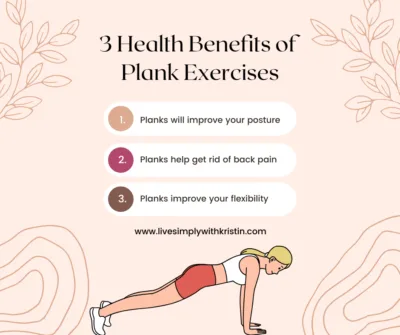
Have you tried incorporating planks into your daily routine? What changes have you noticed? Let me know in the comments!

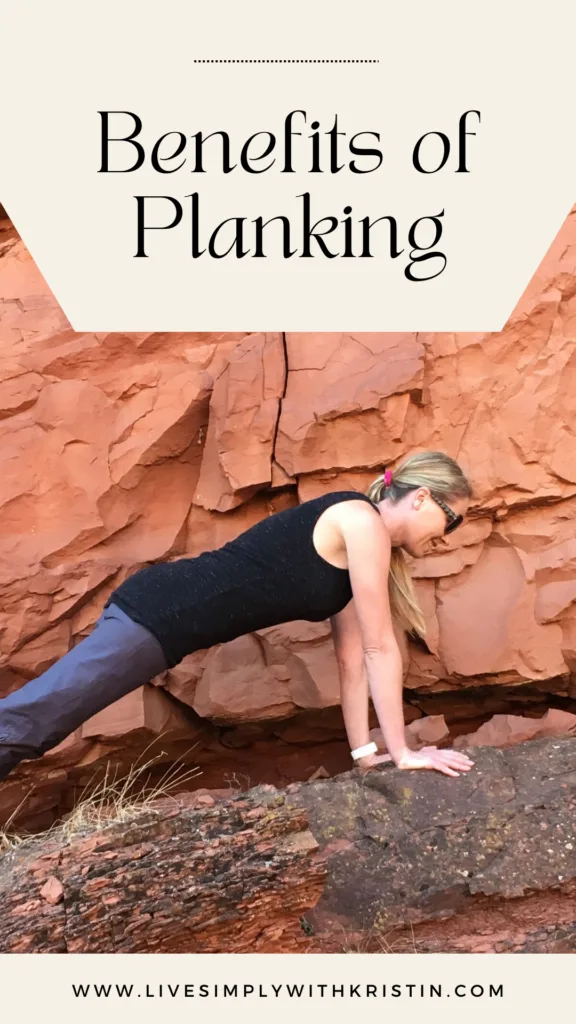
Related posts:

Hi!! I’m Kristin McConnell, I am so glad you are here! I am a wife to my amazing husband and a Mom of two fabulous kids. I love gardening, raising chickens, bee keeping and baking sourdough bread!




